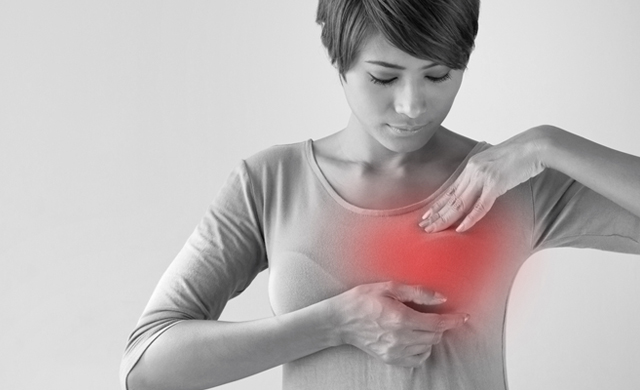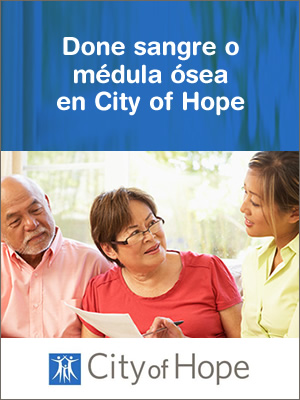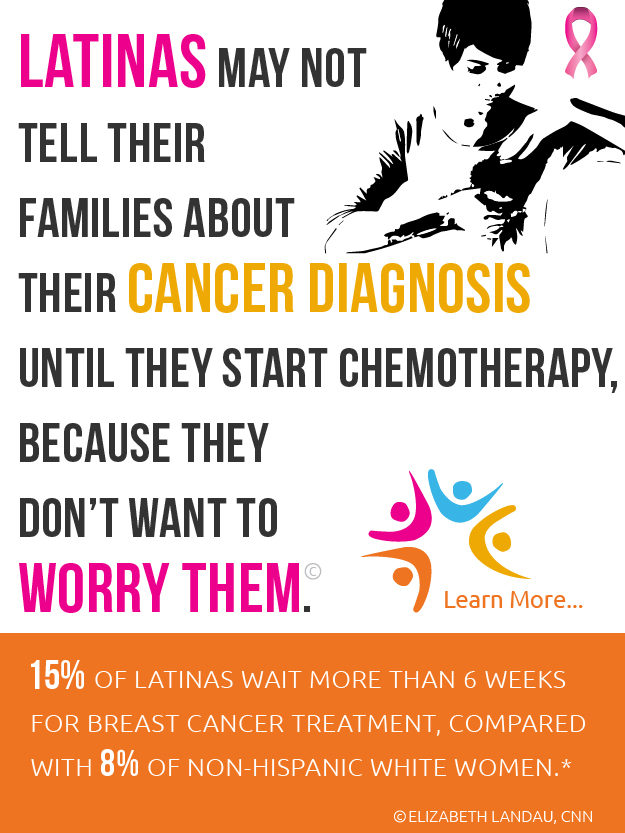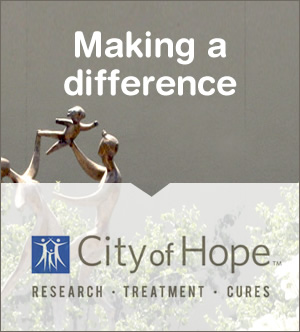
5 Myths, and the Reality, about Genetic Testing for Breast Cancer
10/08/2015 06:00AM | 6995 viewsBy Wayne Lewis
People with a family history of breast cancer often seek genetic testing to find out whether they carry mutations to key genes called BRCA1 and BRCA2, greatly increasing their risk for breast cancer and other diseases.
For this small but significant portion of the population, knowledge is power. They have seen their grandmothers, aunts, cousins and sisters struggle with breast or ovarian cancer. They may have faced these diseases themselves.
Discovering the details about their own genetic predisposition allows them to make informed choices about prevention options ranging from frequent screening to preventive surgery. It enables them to pass on the warning to other family members to get tested themselves.
However, misconceptions about how these mutations are passed down — and about what the tests themselves mean — can get in the way of sound decision-making.
Cancer risk counselor Kathleen Blazer, Ed.D., M.S., L.C.G.C., assistant professor in City of Hope’s Division of Clinical Cancer Genetics, trains other health-care professionals to provide genetic screening.
“Making sure that doctors, counselors and scientists truly understand cancer genetics is important,” Blazer said. “That’s why we provide face-to-face and online instruction on the latest in the field.”
In a recent interview, she helped clear the air about a few common myths concerning BRCA1 and BRCA2, the “celebrity genes” of hereditary breast and ovarian cancer risk.
Myth: I look just like my mother and she had breast cancer, so I’m certain to get it, too.
Blazer: “That’s not how genetics work. These traits aren’t necessarily linked. Even though you inherited certain genes that govern your physical appearance, there’s still a chance that you didn’t pick up the mutation that increases cancer risk.”
Myth: As a man, I don’t have to worry about inherited breast cancer in my family.
Blazer: “A male with a BRCA mutation does have increased cancer risk — it’s just not as high as for women. Male breast cancer is rare, but this mutation increases risk 100-fold. It goes up to about 6 or 7 percent lifetime risk, which is still less than a woman’s average risk. Prostate cancer and pancreatic cancer risk can be increased as well.”
Myth: The breast cancer is on my father’s side of the family, so there’s nothing to worry about.
Blazer: “This is a common misconception among both patients and medical professionals. In reality, single-gene traits like BRCA mutations are passed down equally by males and females, so we all need to consider the cancer history on both the maternal and paternal sides of the family.”
Myth: There’s no personal benefit to genetic testing in cancer patients like me.
Blazer: “A lot of people think, ‘I’ve already gotten the cancer. The lightning has struck already. I’m doing this for my sister, my niece, my daughter.’ But we tell them, ‘There are implications for your care going forward.’ Patients with a hereditary predisposition have a much higher risk to get a new primary cancer in another place — not a recurrence, but a new cancer.”
Myth: If I test negative for BRCA-1 and 2, I’ve got nothing to worry about.
Blazer: “A negative test result doesn’t mean there isn’t risk. You’ve looked at one or two genes at a certain level of technical sensitivity. There could be something else that they weren’t looking for. We know other genes are involved in breast cancer, but we haven’t identified some of these other genes or fully characterized their significance to levels of risk for breast or other cancers yet.
“For example, if you had a sister who had breast cancer at 32 and a mom who died of ovarian cancer at 52, and you’re an unaffected 35-year-old who’s being told ‘You’re free and clear,’ we’d be very concerned about that type of interpretation.
“You have to go back and do your screening and management based on the family history. You really want to seek out counseling with someone who’s been trained in cancer genetics.”
http://breakthroughs.cityofhope.org/breast-cancer-gene-myths/4475











Post your Comment
Please login or sign up to comment
Comments